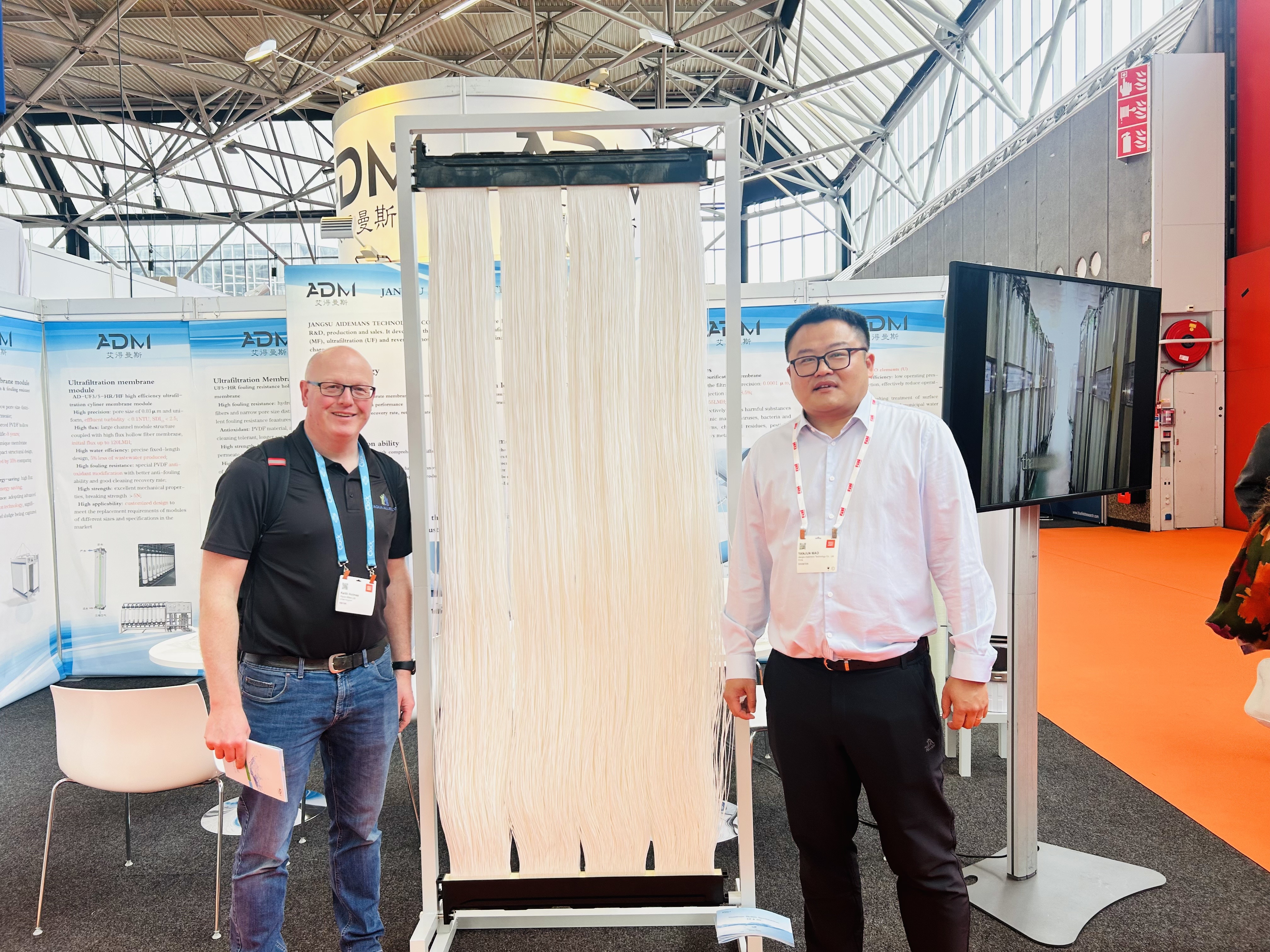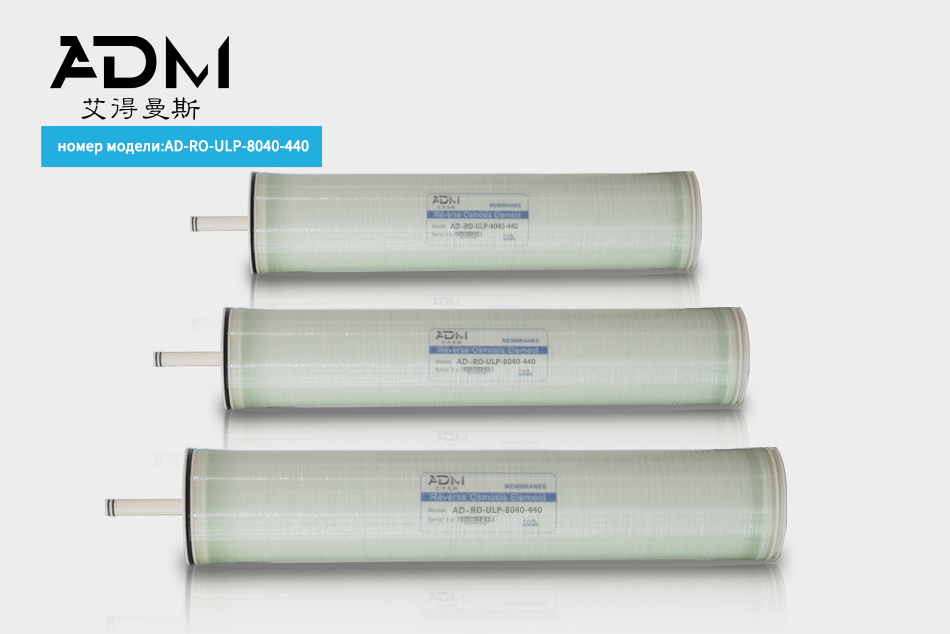Understanding Ultra Pure Water Reverse Osmosis: A Comprehensive Insight
Release time:
2025-07-16
Ultra Pure Water Reverse Osmosis (RO) is a pivotal technology in the industrial filtration sector, especially within industries requiring exceptionally high-quality water for processes such as pharmaceuticals, electronics manufacturing, and food production. The primary function of this system is to eliminate contaminants and impurities from water, yielding ultra-pure water essential for various ap
Ultra Pure Water Reverse Osmosis (RO) is a pivotal technology in the industrial filtration sector, especially within industries requiring exceptionally high-quality water for processes such as pharmaceuticals, electronics manufacturing, and food production. The primary function of this system is to eliminate contaminants and impurities from water, yielding ultra-pure water essential for various applications.
The reverse osmosis process involves applying pressure to water to push it through a semi-permeable membrane. This membrane allows only water molecules to pass while blocking larger ions, molecules, and contaminants. The efficiency of this process is critical, particularly in environments where the quality of water can significantly affect product integrity and operational efficiency.
One of the key components in an Ultra Pure Water RO system is the pre-treatment stage, which often includes multi-media filters and carbon filters. These filters remove larger particles and chlorine, which can damage the RO membrane. Following pre-treatment, the water passes through the reverse osmosis membrane, where the real purification occurs. The design, material, and maintenance of the membrane play a crucial role in determining the system's overall efficiency.
After the RO process, post-filtration treatments may be necessary to ensure that the water meets stringent quality standards. This may include additional filtration stages using deionization resins or UV sterilization to eliminate any remaining bacteria or viruses, ensuring the final product is not only pure but also safe for its intended use.
The advantages of utilizing Ultra Pure Water Reverse Osmosis systems are manifold. They are highly effective at removing a broad spectrum of contaminants, including heavy metals, dissolved solids, and even microorganisms. This level of purification is essential for industries that depend on water quality to uphold compliance with regulatory standards and ensure the reliability of products.
Furthermore, an Ultra Pure Water RO system can be tailored to meet specific industrial needs, providing a scalable solution that can adapt as demand fluctuates. Regular maintenance and monitoring of the system are critical to ensuring its longevity and performance. Implementing a maintenance schedule that includes membrane cleaning and replacement, as well as regular system checks, can help prevent downtime and maintain efficiency.
In conclusion, the Ultra Pure Water Reverse Osmosis system represents a vital investment for industries that prioritize water quality. By understanding its mechanisms and benefits, professionals can make informed decisions about the best filtration solutions for their specific needs, ultimately leading to enhanced operational processes and product quality.
The reverse osmosis process involves applying pressure to water to push it through a semi-permeable membrane. This membrane allows only water molecules to pass while blocking larger ions, molecules, and contaminants. The efficiency of this process is critical, particularly in environments where the quality of water can significantly affect product integrity and operational efficiency.
One of the key components in an Ultra Pure Water RO system is the pre-treatment stage, which often includes multi-media filters and carbon filters. These filters remove larger particles and chlorine, which can damage the RO membrane. Following pre-treatment, the water passes through the reverse osmosis membrane, where the real purification occurs. The design, material, and maintenance of the membrane play a crucial role in determining the system's overall efficiency.
After the RO process, post-filtration treatments may be necessary to ensure that the water meets stringent quality standards. This may include additional filtration stages using deionization resins or UV sterilization to eliminate any remaining bacteria or viruses, ensuring the final product is not only pure but also safe for its intended use.
The advantages of utilizing Ultra Pure Water Reverse Osmosis systems are manifold. They are highly effective at removing a broad spectrum of contaminants, including heavy metals, dissolved solids, and even microorganisms. This level of purification is essential for industries that depend on water quality to uphold compliance with regulatory standards and ensure the reliability of products.
Furthermore, an Ultra Pure Water RO system can be tailored to meet specific industrial needs, providing a scalable solution that can adapt as demand fluctuates. Regular maintenance and monitoring of the system are critical to ensuring its longevity and performance. Implementing a maintenance schedule that includes membrane cleaning and replacement, as well as regular system checks, can help prevent downtime and maintain efficiency.
In conclusion, the Ultra Pure Water Reverse Osmosis system represents a vital investment for industries that prioritize water quality. By understanding its mechanisms and benefits, professionals can make informed decisions about the best filtration solutions for their specific needs, ultimately leading to enhanced operational processes and product quality.


